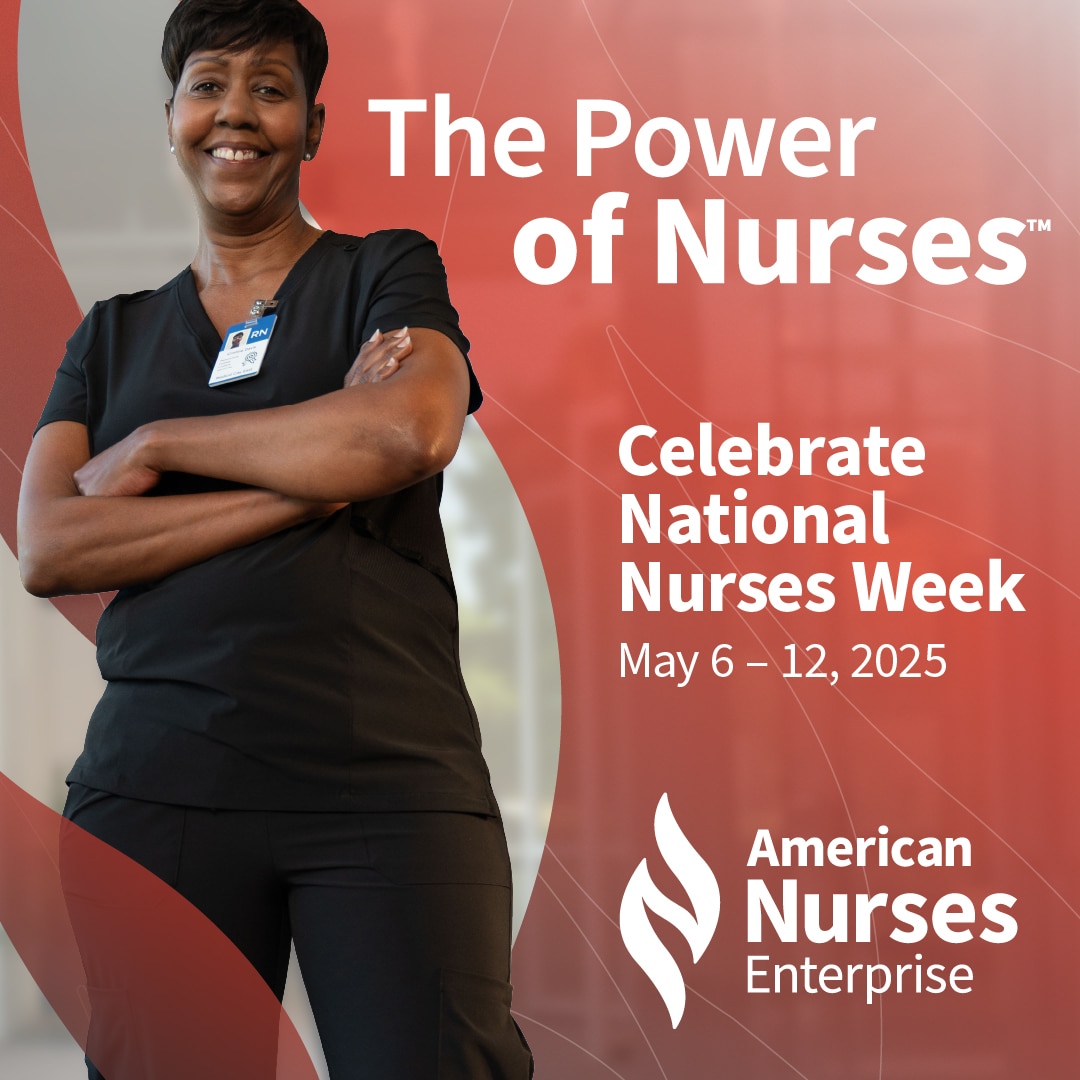Sometimes you find exactly what you’re looking for in a career, even later in life.
For Christine Brooks, an LPN at W…





CORPORATE OFFICE
240 NAT TURNER BLVD.
NEWPORT NEWS, VA 23606
757-596-6268
COPYRIGHT © 2025
VIRGINIA HEALTH SERVICES

It’s National Nurses Week (May 6-12) and Virginia Health Services would like to introduce you to our Directors and Assistant Directors of Nursing. The group